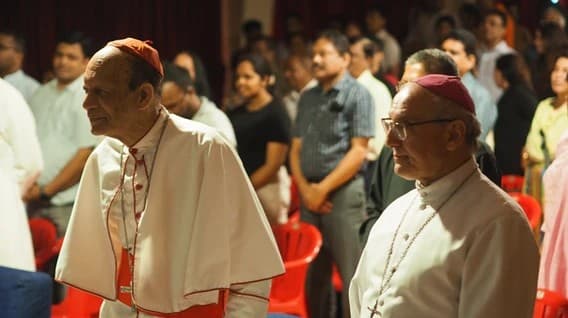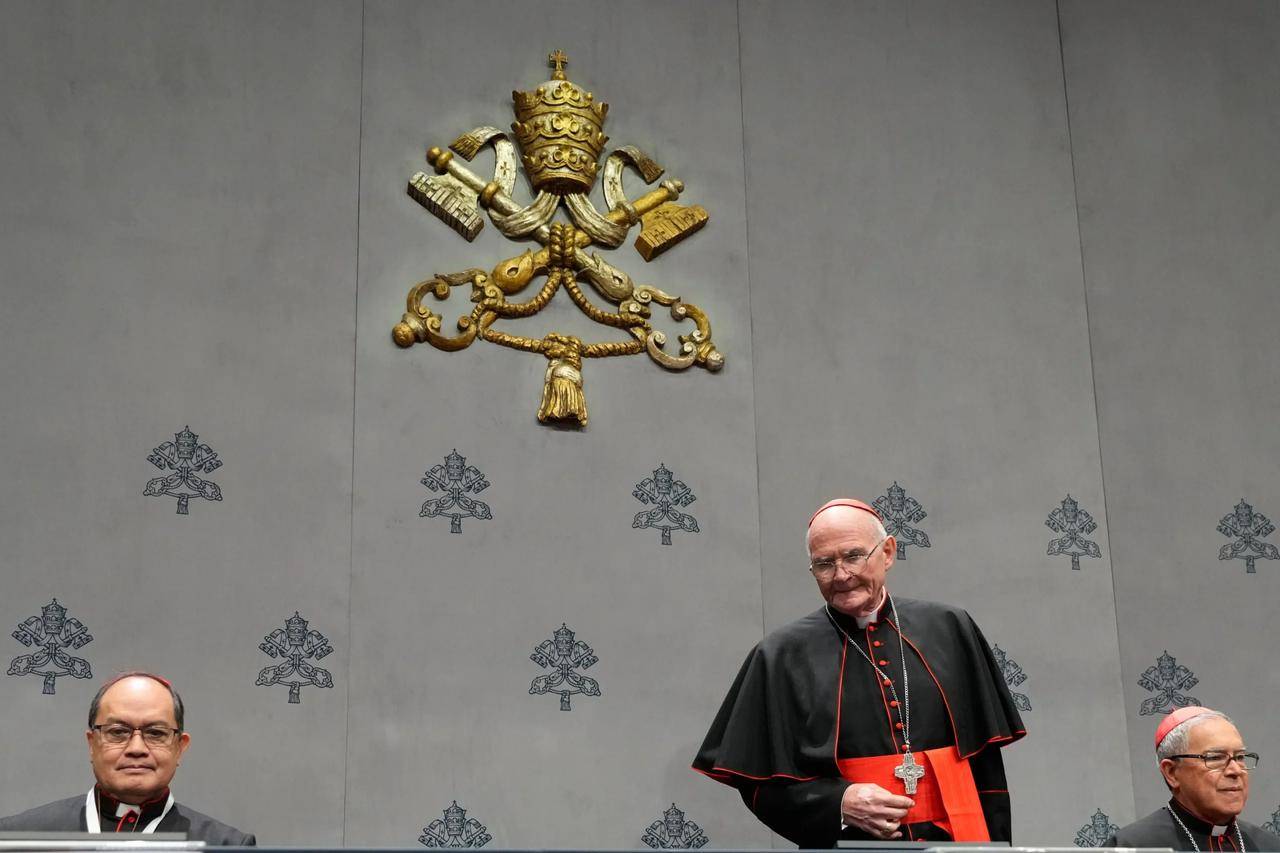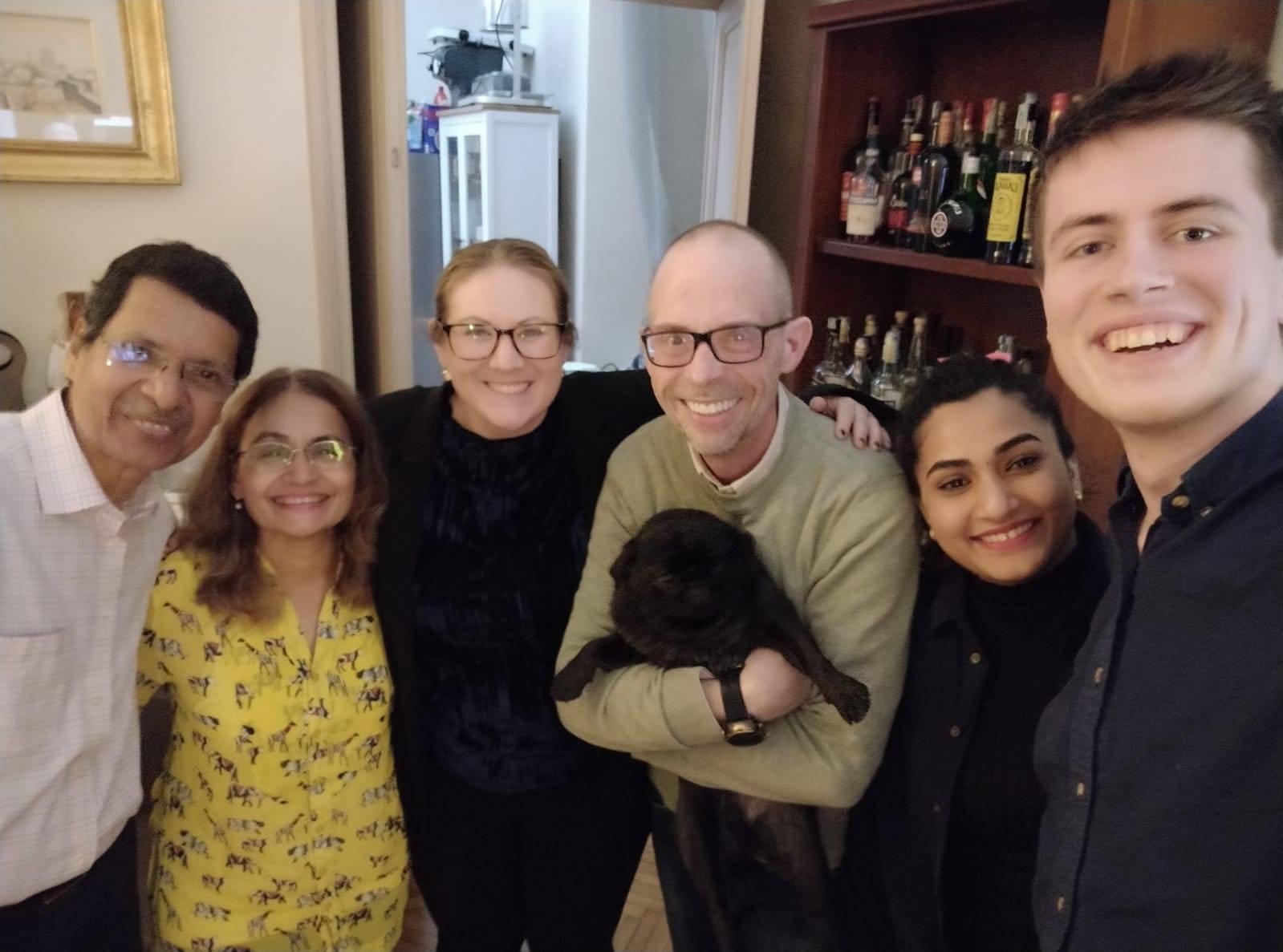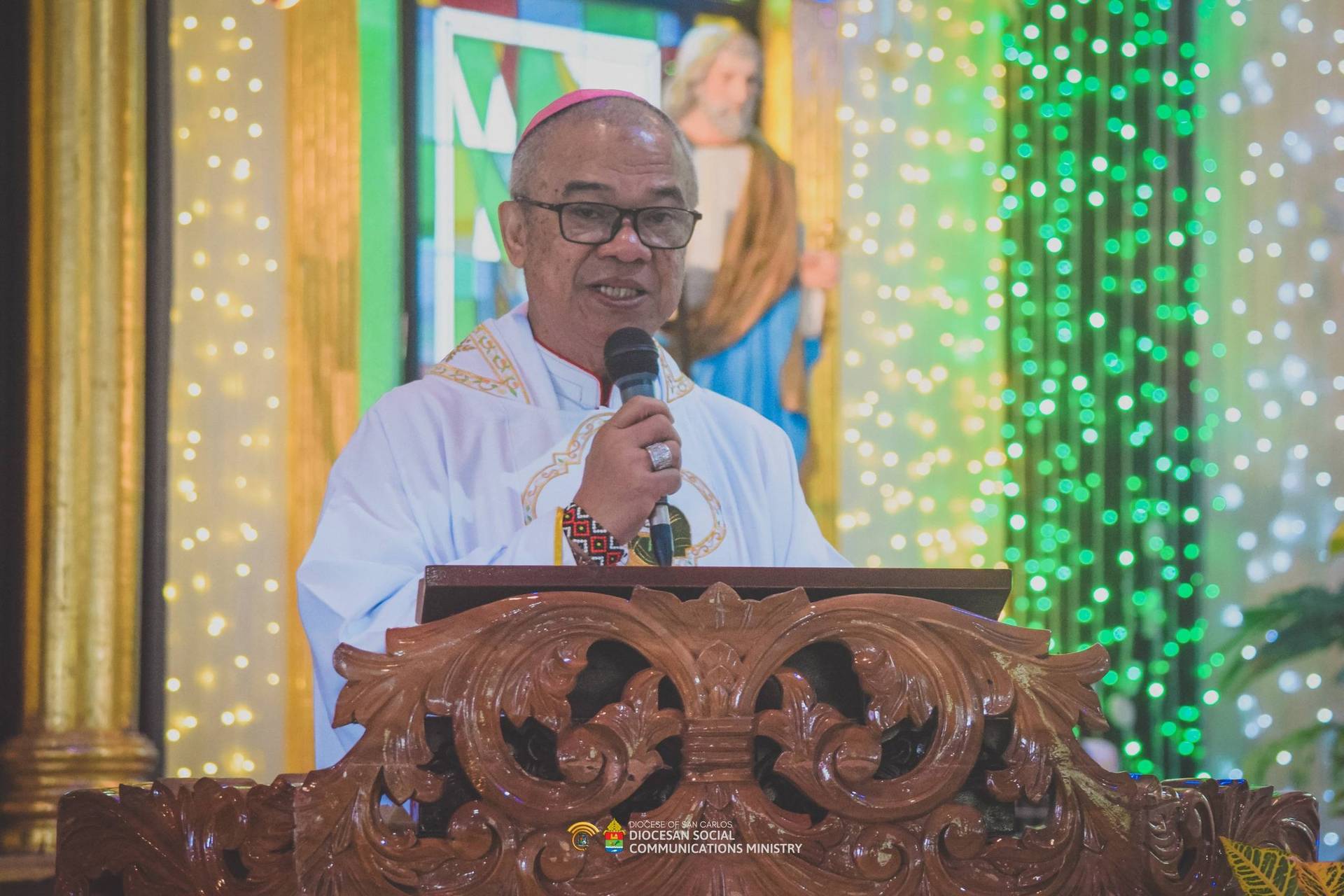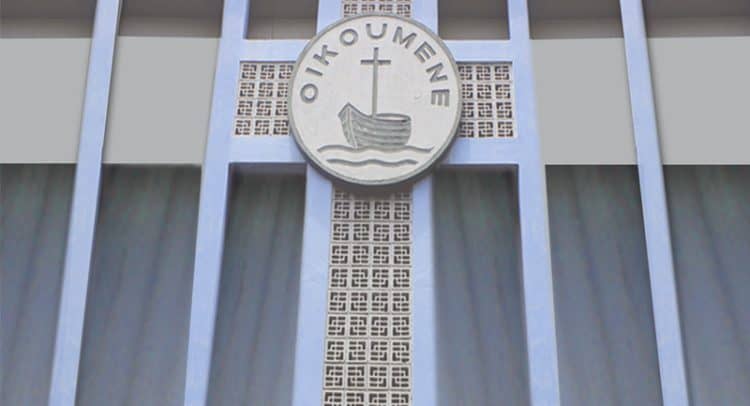MUMBAI, India – India’s diversity is a key pillar of the country’s greatness, says Cardinal Oswald Gracias, Archbishop of Bombay.
He was speaking on Sep. 21 at a special celebration of the Season of Creation at the Don Bosco International School Hall in Mumbai, organized by the Archdiocesan Office for Environment (AOE). The celebration was also attended by the Papal Nuncio, Archbishop Leopoldo Girelli.
This gathering highlighted the fruits of the archdiocese’s ten-year-long ecological ministry while underscoring the pressing need for greater efforts in response to the deepening ecological crisis. Despite the challenges, the cardinal said the Church remains hopeful. The theme for this year’s Season of Creation is “To Hope and Act with Creation,” and calls on the faithful to respond concretely to the cry of the earth, the poor, and the young.
A major highlight of the program was Eco Canticles, a unique celebration of creation through drama, music, and dance, creatively illustrating the beauty of the natural world and the urgent need to preserve it.
On Monday, Gracias led a tree planting drive under the “Ek Ped Ma Ke Naam,” (‘One tree4Mother’) campaign at Holy Name High School in Colaba.
On this occasion, saplings were distributed at the school as a symbolic act of care for the environment and pays respect to mothers and mother earth by planting saplings.
“Today was a very significant event. As a part of Sewa Pakhwada 2024, we had a program to encourage our youth – and everybody else also – to be conscious of the need to care for creation and make sure that the resources of the Earth are wisely used thinking of others and thinking of future generations,” the cardinal said.
“I am happy today that we had this tree plantation. We are happy that we planted saplings today; a symbol of our continued commitment to care for the earth, to care for nature to think of future generations,” Gracias added.
“This, I hope, is a movement we begin here, will go to all the people and to the whole world also,” he said.
The cardinal said it was especially meaningful that the observance of the Season of Creation coincides with “Sewa Pakhwada” (service fortnight) to celebrate Prime Minister Narendra Modi’s 74th birthday on Sep. 17.
“Sewa Pakhwada” is a 15-day-long event, organised every year from Sep. 17 to Oct. 2, marking the birthday of the prime minister.
“I am happy that the government of India has taken this initiative. I thank the Prime Minister for having encouraged this movement,” Gracias said.
He also praised the themes of “Ek Ped Ma Ke Naam.”
“Our mothers, our parents have taught us about responsibilities, about ethics, about concerns for others and these values have to be shown in our lives,” the cardinal said.
“I’m personally happy that I could do something for my mother. I’m sure everybody else would feel the same also,” he added.
“Motivation, encouragement and also a sense of direction of caring for the earth. Mother cared for me, I care for future generations,” Gracias said.
“I think the whole world is becoming smaller and smaller. It should become one family, and greater peace, understanding, and helping one another is extremely important,” he continued.
“The Prime Minister travelling abroad; the Pope travelling abroad – with the same message: Peace, concern for another, not thinking about oneself but also of others, of future generations,” the cardinal said.
Gracias hailed India’s diversity and said it is a key pillar of the country’s greatness.
“Our greatness lies in our diversity – people, cultures, languages, and religions. I believe no other country has the richness that we have. It’s a challenge for every leadership,” he said.
India has over 1.4 billion people – the largest population in the world, according to some estimates – and has over 20 official languages. Nearly 80 percent of the population is Hindu, while nearly 15 percent are Muslim. Christianity – the third largest religion – is only 2.3 percent of the population. Other religions include Sikhism, Hinduism, and Jainism.
“Inclusivity is very important, it is very important to include everybody in every program – every religion, every language, every culture – there should not be single person who feels excluded from any project not just as a beneficiaries, but also as an active participant,” the cardinal said.
